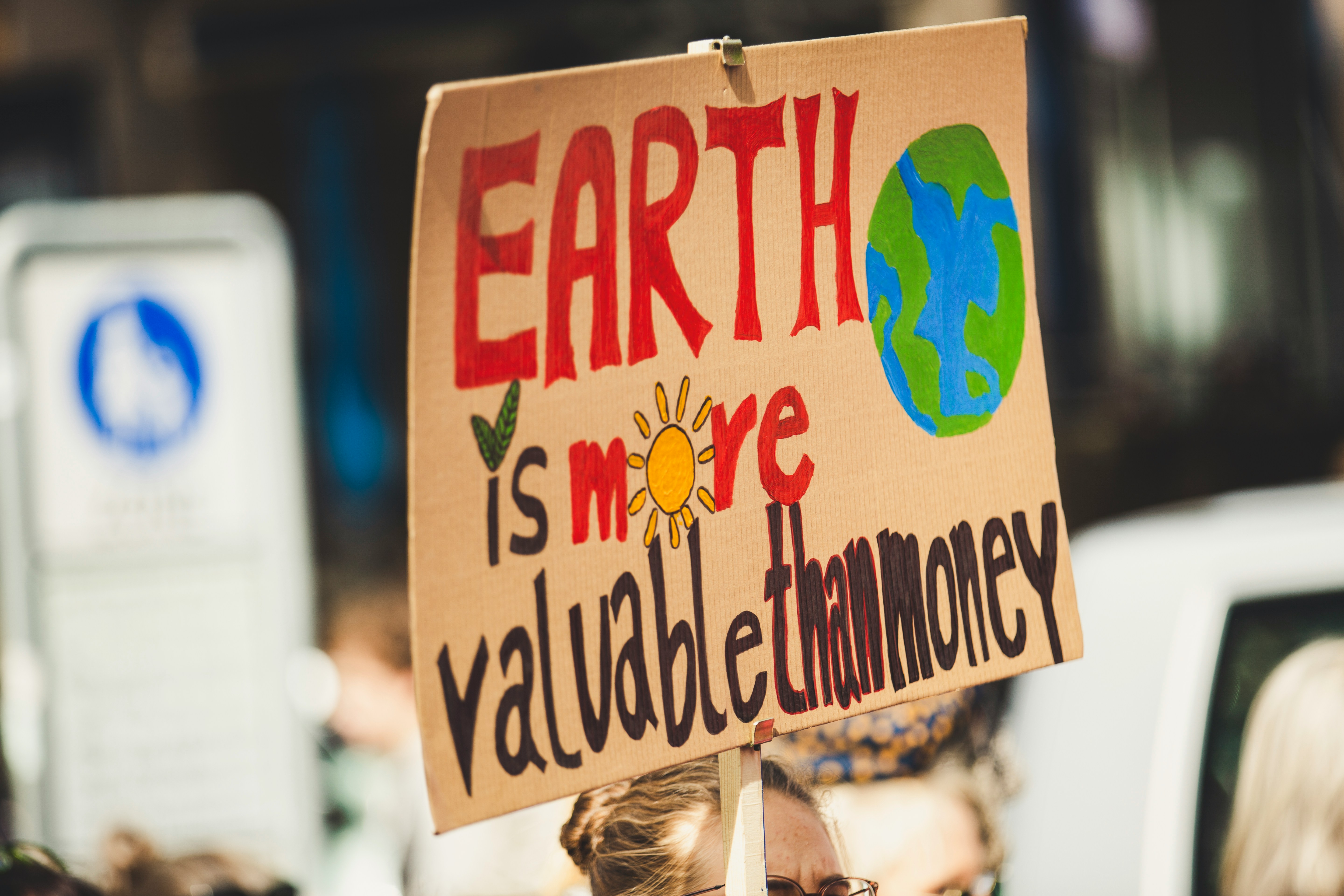Sustainable Livelihoods Through Nature-Positive Work

Author:
Keamo Rakgoadi
Date:
07.08.2025
(This article was originally published on LinkedIn on May 16, 2025).
In early May, Project Biome’s Youth Activator, Keamo Rakgoadi, took part in the “Sustaining Nature-Positive Work for Young People” workshop, an engaging stakeholder gathering hosted by Sustainability Matters in partnership with Nature Connect, the Botanical Society of South Africa, and ORIBI Group. Supported by the DG Murray Trust, the event served as a key moment for collaboration and connection within the nature-positive sector, with a strong focus on expanding opportunities for youth who face barriers to higher education.
With over 130 stakeholders from across South Africa, the interactive gathering was creatively designed to maximize networking opportunities and collaborative potential.
Understanding the Landscape: Key Insights
In preparation for the workshop, Sustainability Matters conducted over 150 stakeholder interviews to delve into the challenges faced by youth-focused, nature-positive initiatives. Sparked by questions about transforming work opportunities into sustainable livelihoods, this dialogue unveiled several key insights. Essential themes included recognising nature-positive work as dignified and skilled, rather than a pathway to dignity, and creating environments that allow youth to explore diverse occupational opportunities.
In addition, we explored two contrasting motivational theories: Theory X, which views productivity as driven by external rewards, and Theory Y, which takes an optimistic approach that emphasizes inherent motivation and the quest for meaningful work. The workshop's consensus leaned towards Theory Y, advocating for a work environment that fosters connection, value, and personal growth for youth working in nature-positive spaces.
Addressing Challenges and Setting Visions
The discussions prominently featured the precarious nature of work in the sector. Short-term opportunities often lead to instability, requiring a shift in how we perceive these roles—as dignified and skilled rather than merely transitional. A recurring theme was the need for stable, long-term employment pathways. Through engaging panel discussions with representatives from organisations like the International Water Management Institute (IWMI), the Presidential Employment Stimulus (PES), the Department of Forestry, Fisheries and the Environment (DFFE), and the Greater Stellenbosch Trust (GST), we tackled economic strategies and policy interventions needed to stabilise and expand opportunities in this field. Highlights included the role of public employment as an economic safety net and integrating social value into employment as part of the social and environmental fabric.
Collaborative Exercises and Pathways Forward
Collaborative mapping exercises during the workshop enabled organisations to share their intersections of nature-positive work and explore strategies for overcoming challenges. These intersections included four key areas of focus: ecological integrity, health and nutrition, greening and recreation, and cultural heritage. Facilitated by Sue Soal, this process sparked discussions on advancing nature-positive work, reducing precarity, and making occupational learning's value visible.
A Call to Action
The workshop was not merely an event but a fertile ground for sharing experiences, forging alliances, and pushing boundaries toward sustainable prosperity. As part of this vibrant ecosystem, Project Biome remains committed to driving change and supporting youth in becoming active participants in the nature-positive sector. By reimagining the work environment and its inherent value, we can inspire new perspectives on the challenges we face and ensure our sector's vitality and growth. Let us work collectively to turn insights into actions and create a future where nature-positive work plays a pivotal role in our economy and society.